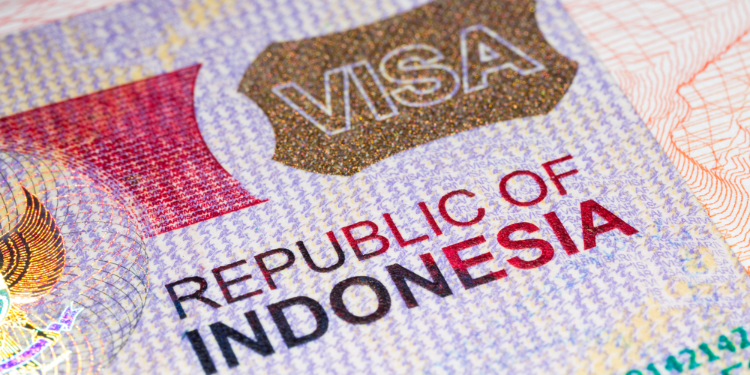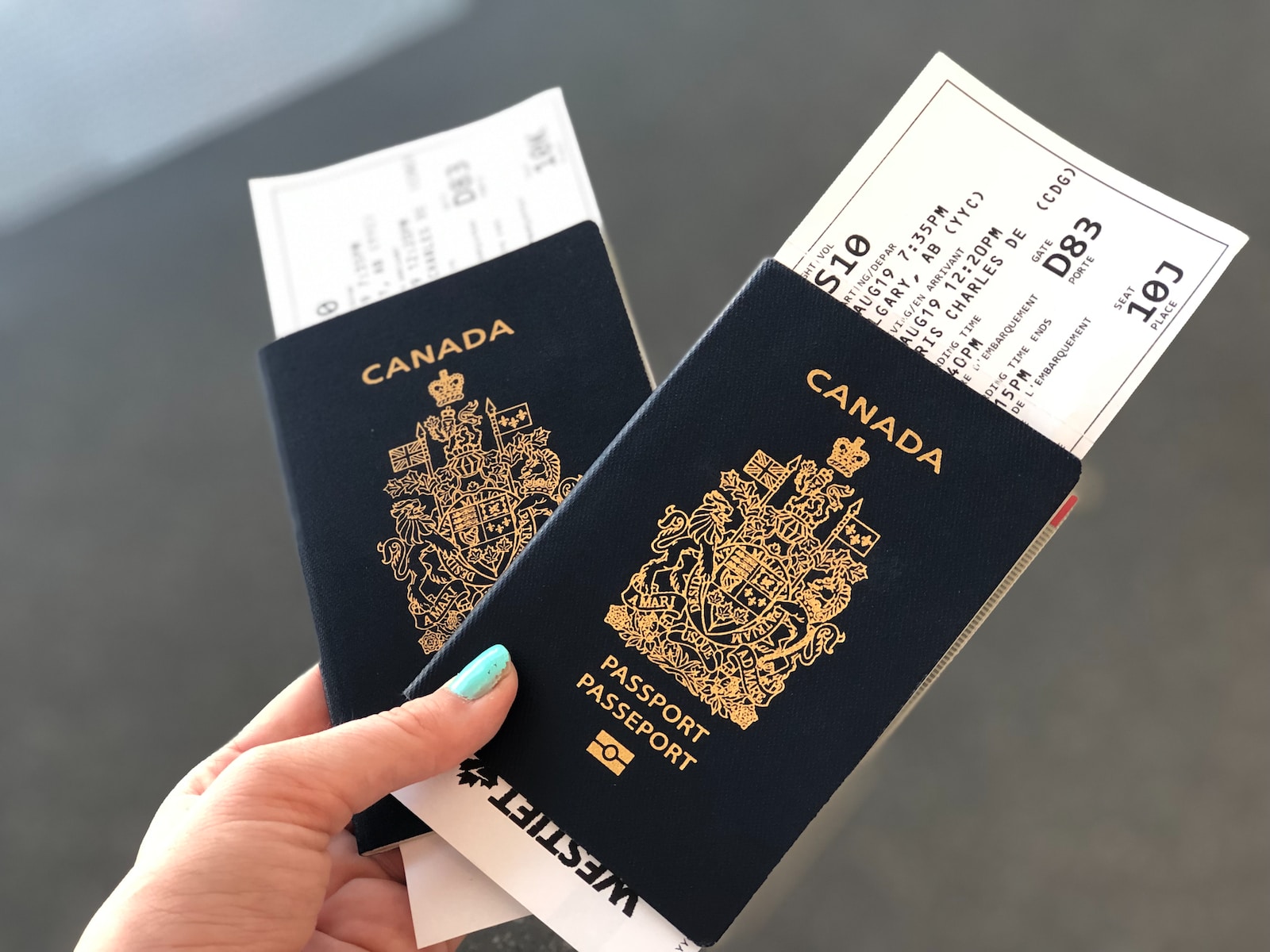Traveling can be an exciting and fulfilling experience, but it also comes with risks. Whether you’re planning a trip abroad or a weekend getaway, it’s important to consider getting travel insurance. But what is travel insurance, and why do you need it? In this article, we’ll explore everything you need to know about travel insurance, including what it is, the types of coverage available, and how to choose the right policy for your needs.
Table of Contents
- What is travel insurance?
- The importance of travel insurance
- Types of travel insurance coverage
- Trip cancellation/interruption coverage
- Emergency medical coverage
- Evacuation coverage
- Baggage and personal effects coverage
- Choosing the right travel insurance policy
- Consider your travel plans
- Look for comprehensive coverage
- Read the fine print
- Tips for using travel insurance
- Keep your policy information with you
- Document everything
- Follow the claims process
- Common travel insurance exclusions
- Pre-existing medical conditions
- High-risk activities
- Acts of terrorism
- Frequently asked questions
- Do I really need travel insurance?
- How much does travel insurance cost?
- What should I look for in a travel insurance policy?
- Will my health insurance cover me while I’m traveling?
- Can I purchase travel insurance after I’ve already started my trip?
- Conclusion
- FAQs
1. What is travel insurance?
Travel insurance is a type of insurance that provides coverage for various risks associated with traveling. These risks can include trip cancellation, medical emergencies, evacuation, and lost or stolen luggage. Travel insurance policies are designed to provide peace of mind for travelers by offering financial protection in case something goes wrong.
2. The importance of travel insurance
While travel insurance may seem like an added expense, it’s important to remember that accidents and unexpected events can happen while traveling. If you don’t have travel insurance, you could be left with hefty bills and no way to cover them. With travel insurance, you can rest assured that you’ll be covered in case of an emergency or unexpected event.
3. Types of travel insurance coverage
There are several types of travel insurance coverage available, each providing protection for different risks.
1. Trip cancellation/interruption coverage
Trip cancellation or interruption coverage provides coverage for non-refundable expenses in case you need to cancel your trip or cut it short due to unforeseen circumstances such as illness, injury, or a natural disaster.
2. Emergency medical coverage
Emergency medical coverage provides coverage for medical expenses incurred while traveling. This can include doctor visits, hospital stays, and emergency medical transportation.
3. Evacuation coverage
Evacuation coverage provides coverage for emergency evacuation in case you need to be airlifted or medically transported back home due to an unforeseen event.
4. Baggage and personal effects coverage
Baggage and personal effects coverage provides coverage for lost, stolen, or damaged luggage and personal belongings while traveling.
4. Choosing the right travel insurance policy
Choosing the right travel insurance policy can be overwhelming, but there are a few things to keep in mind when shopping for coverage.
1. Consider your travel plans
When choosing a travel insurance policy, it’s important to consider your travel plans. If you’re traveling abroad, you may need more comprehensive coverage than if you’re taking a
weekend trip within your own country. Make sure to consider the activities you’ll be doing, any pre-existing medical conditions, and the length of your trip when choosing a policy.
2. Look for comprehensive coverage
When shopping for travel insurance, look for policies that offer comprehensive coverage. This means that the policy covers a wide range of risks, including trip cancellation, medical emergencies, evacuation, and baggage loss. Make sure to read the policy details carefully to ensure that the coverage meets your needs.
3. Read the fine print
Before purchasing a travel insurance policy, it’s important to read the fine print. Make sure to understand any exclusions or limitations, as well as the claims process. Some policies may require you to pay for expenses upfront and submit a claim for reimbursement later, while others may offer direct payment to providers.
5. Tips for using travel insurance
While travel insurance can provide peace of mind, it’s important to know how to use it effectively. Here are a few tips to keep in mind:
1. Keep your policy information with you
Make sure to keep a copy of your travel insurance policy and contact information with you while traveling. This will ensure that you have easy access to the information in case of an emergency.
2. Document everything
In case you need to file a claim, it’s important to document everything. Keep receipts, medical records, and any other relevant documentation. Make sure to take photos of any damaged or lost items, and report any incidents to the appropriate authorities as soon as possible.
3. Follow the claims process
If you need to file a claim, make sure to follow the claims process outlined in your policy. This may involve submitting a claim form, providing documentation, and waiting for approval. Make sure to keep track of the status of your claim and follow up as needed.
6. Common travel insurance exclusions
While travel insurance can provide coverage for a wide range of risks, there are some common exclusions to keep in mind.
1. Pre-existing medical conditions
Many travel insurance policies exclude coverage for pre-existing medical conditions. If you have a pre-existing condition, make sure to read the policy details carefully to ensure that you’re covered.
2. High-risk activities
Some travel insurance policies exclude coverage for high-risk activities such as skydiving, bungee jumping, or scuba diving. If you plan to engage in any high-risk activities, make sure to read the policy details carefully to ensure that you’re covered.
3. Acts of terrorism
Many travel insurance policies exclude coverage for acts of terrorism. If you’re traveling to a high-risk area, make sure to read the policy details carefully to ensure that you’re covered.
7. Frequently asked questions
1. Do I really need travel insurance?
While travel insurance is not mandatory, it can provide peace of mind and financial protection in case of an emergency or unexpected event.
2. How much does travel insurance cost?
The cost of travel insurance varies depending on the type of coverage, length of trip, and other factors. It’s important to shop around and compare prices to find a policy that fits your budget.
3. What should I look for in a travel insurance policy?
When choosing a travel insurance policy, look for comprehensive coverage, including coverage for trip cancellation, medical emergencies, evacuation, and baggage loss. Make sure to read the policy details carefully and understand any exclusions or limitations.
4. Will my health insurance cover me while I’m traveling?
Many health insurance policies do not provide coverage for medical expenses incurred while traveling abroad. Make sure to check with your health insurance provider to see what coverage is available.
5. How do I file a travel insurance claim?
To file a travel insurance claim, you’ll typically need to submit a claim form, along with documentation such as receipts, medical records, and police reports. Follow the claims process outlined in your policy and keep track of the status of your claim.
8. Conclusion
Travel insurance can provide peace of mind and financial protection in case of an emergency or unexpected event while traveling. When choosing a policy, make sure to consider your specific needs and look for comprehensive coverage. Read the fine print and understand any exclusions or limitations, and know how to use your travel insurance effectively. With these tips in mind, you can travel with confidence knowing that you’re prepared for the unexpected.











